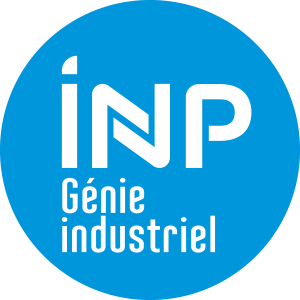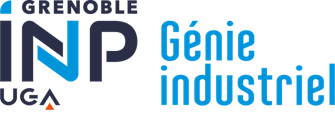Number of hours
- Lectures 15.0
- Projects -
- Tutorials 15.0
- Internship -
- Laboratory works -
- Written tests 3.0
ECTS
ECTS 2.5
Goal(s)
- This is an introductory course on the basic techniques of mathematical programming. It is a basic course in linear programming in continuous variables.
- At the end of the course, students will be able to model a simple problem using a linear program, including translating the constraints of the problem through a system of linear equations or inequalities. Students will also be able to solve the program using the simplex algorithm and give different economic interpretations of the output of this algorithm, using the duality theory.
For more complex problems, students will know how to model it by a linear integer or mixed program. Resolution methods such as Branch & Bound algorithm and the quality of the models will be studied to solve these problems efficiently.
- Students will use linear solvers such as Excel and OPL Studio.
Responsible(s)
Content(s)
The main points are
- Modelling a problem in a linear program
- Resolution algorithms: geometrics, simplex and variants
- Duality and economic interpretation
- Sensitivity analysis
- Modelling a problem in linear programming in mixed or integer variables
- Branch & Bound algorithm
- Quality of the various modellisations
- Modelling logical constraints
- Using commercial solver
Basic courses on linear algebra and matrices.
Test
Two written exams 1:30, accounting respectively for 60% and 40% of the rating of the EU.
Authorized documents: GI calculator and handwritten double-sided A4 paper.
N1 = 0.4*CC + 0.6*E1
N2 = E2
Calendar
The course exists in the following branches:
- Curriculum - Engineer IPID apprentice program - Semester 6
Additional Information
Course ID : 3GMA0435
Course language(s): 
You can find this course among all other courses.
Bibliography
- Linear Programming, Vasek Chvatal, Freeman & co, 1983, ISBN 0716715872
- Programmation Linéaire, Christelle Guéret, Christian Prins et Marc Sevaux, Eyrolles, 2000, ISBN 2-212-09202-4
French State controlled diploma conferring a Master's degree




